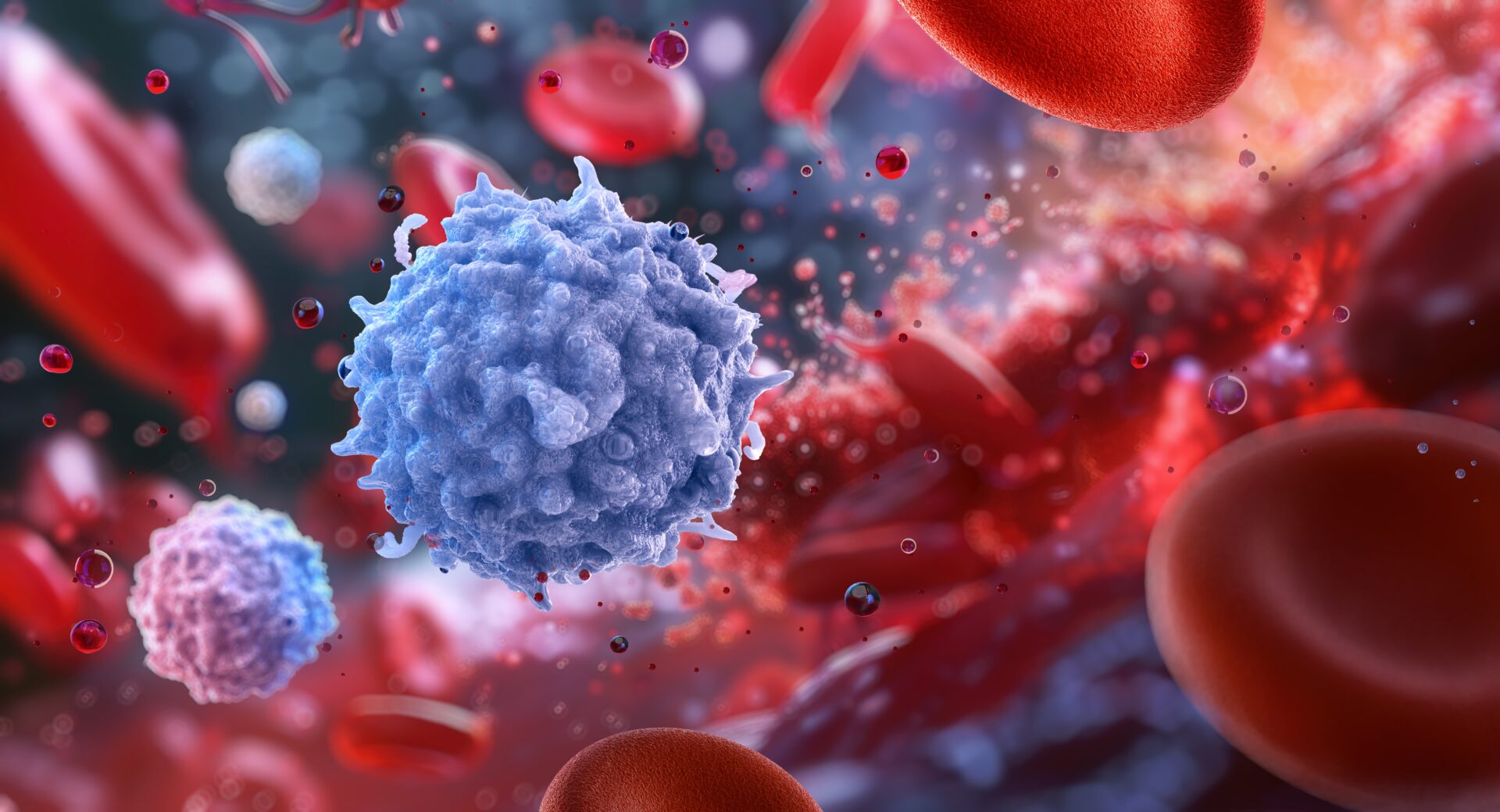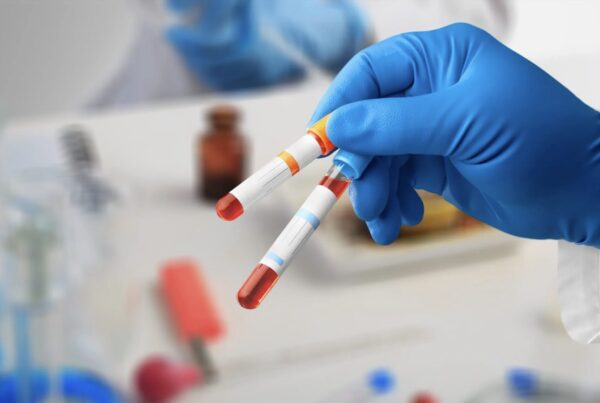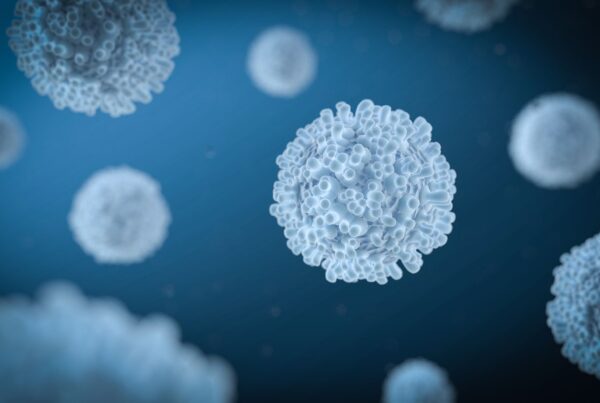Understanding how the human body responds to food is central to metabolic and nutritional science — but it’s not one-size-fits-all. Postprandial (after-meal) blood samples offer critical insights into how individuals metabolise nutrients, regulate glucose, and manage lipids. Researchers increasingly recognise the importance of ethnic diversity in shaping these responses.
The significance of postprandial sampling
After a meal, the body undergoes a complex series of metabolic changes. Blood glucose levels rise, insulin is secreted, and lipids are transported — all of which can be measured in blood or saliva samples to assess metabolic health. Postprandial studies help scientists evaluate:
- Insulin sensitivity
- Glycemic variability
- Lipid metabolism
- Hormonal responses
- Gastric emptying and nutrient absorption
Unlike fasting samples, postprandial samples reflect real-world conditions and how people’s bodies function when food is regularly consumed during the day.
Ethnic differences in postprandial metabolism
Compelling evidence shows that postprandial metabolic responses differ significantly across ethnicities, even when body composition and lifestyle factors are controlled. These differences have profound implications for disease risk, diagnostics, and therapy development.
Key findings from recent studies:
- Glucose and insulin responses vary across ethnic groups. For instance, South-East Asians often exhibit higher postprandial glucose and lower insulin sensitivity, raising their risk of type 2 diabetes at lower BMI levels compared to Europeans.¹
- Lipid metabolism also differs. One study found that Black African-Caribbean men had lower postprandial triglyceride responses compared to White European men — an important consideration in cardiovascular risk stratification.²
- Gastric emptying rates, which affect blood glucose peaks after meals, are also variable. For example, Han Chinese individuals with type 2 diabetes showed faster gastric emptying than Caucasians, leading to sharper glucose spikes.³
- Even the body’s response to specific foods can differ. A study comparing rice intake in Asian, Arab, and European populations revealed that Asian participants had the highest insulin response — a key indicator of early metabolic dysfunction.?
These physiological nuances are why many scientists are calling for greater representation of ethnic minorities in metabolic studies — especially in populations historically underrepresented in biomedical research.
Why researchers need diverse, postprandial biospecimens
If your research focuses on nutrition, diabetes, cardiovascular disease, or pharmacometabolomics, sourcing postprandial biospecimens from ethnically diverse donors can be game-changing.
Such samples allow you to:
- Validate your assays across populations
- Understand disease predisposition in minority groups
- Improve the precision of biomarkers and predictive models
- Avoid biases in drug response studies
However, coordinating these collections is logistically challenging. It requires recruitment of underrepresented donor groups, precise timing after food intake, and often multiple sample types like whole blood and saliva.
Case study: accelerated delivery of ethnically diverse, postprandial samples
The request
A client conducting a validation study needed biospecimens from 50 donors aged 40–69 from minority ethnic groups. Each donor was required to provide whole blood and saliva samples after food consumption.
The challenge
Given the specificity of age and ethnicity, the recruitment was estimated to take at least 6 weeks.
What Research Donors delivered
Through targeted recruitment and efficient coordination, Research Donors completed the full order in just 3 weeks. All 50 donor samples were delivered in a single batch, enabling the client to move forward with their validation study ahead of schedule.
The outcome
- All donors matched the age and ethnicity requirements
- Postprandial whole blood and saliva samples collected
- Entire order delivered early, in one shipment
The Conclusion
The metabolic response to meals is not universal — and ethnic differences can dramatically affect research outcomes. If you’re developing diagnostics, therapies, or interventions that depend on postprandial metabolic data, working with a biospecimen provider who can deliver diverse, well-timed, and high-quality samples is essential.
At Research Donors, we specialise in fulfilling precisely these types of challenging requests — helping you move your research forward with confidence and speed.
Need blood samples collected to your exact specifications?
Contact us today to discuss your custom biospecimen requirements.
References
- Chandalia, M. et al. (2003). Insulin resistance and body fat distribution in South Asian men compared to Caucasian men. Journal of Clinical Endocrinology & Metabolism, PubMed ID: 12221211
- Lewis, R. D. et al. (2024). Ethnic differences in postprandial lipid metabolism in Black African-Caribbean vs. White European men. American Journal of Physiology-Endocrinology and Metabolism, Link
- Wu, T. et al. (2019). Gastric emptying in Chinese vs. Caucasian patients with type 2 diabetes. Diabetes Care, PubMed ID: 31790715
- Jamaluddin, R. et al. (2023). Ethnic variability in postprandial insulin responses to rice. Nutrients, PMC10101220






